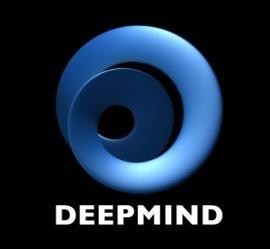Google this week acquired London-based artificial intelligence company DeepMind Technologies for an estimated U.S. $400 million, in a move which experts see as an effort to strengthen its search capabilities.
Google's artificial intelligence team already includes inventor Ray Kurzweil, who said he wants to to build an advanced search engine that would become a user's "cybernetic friend." Last year, the company announced that it would open a new lab that will make use of quantum computing to aid in the development of machine learning.
DeepMind, led by neuroscientist Demis Hassabis, specializes in helping computers think like human. Sources say its technology will be used to further improve Google's core service: text and voice search. The majority of Google's services make use of some form of artificial intelligence or another.
Google's acquisition of DeepMind mirrors similar moves by Facebook, IBM and Yahoo in the growing artificial intelligence space. Google's recent spending spree has led many to wonder if the search engine giant has lost its way. Included in the company's eight most recent purchases are firms that cover a range of technologies from Boston Dynamics' robots to Nest' smart-home devices, both of which seemingly have little to do with search.
In a move widely seen as a way to avoid the fallout over privacy issues that the Nest acquisition encountered, Google announced that it will create a DeepMind-Google ethics board to draft guidelines aimed at regulating the use of DeepMind's technology to make sure it is not abused.



























